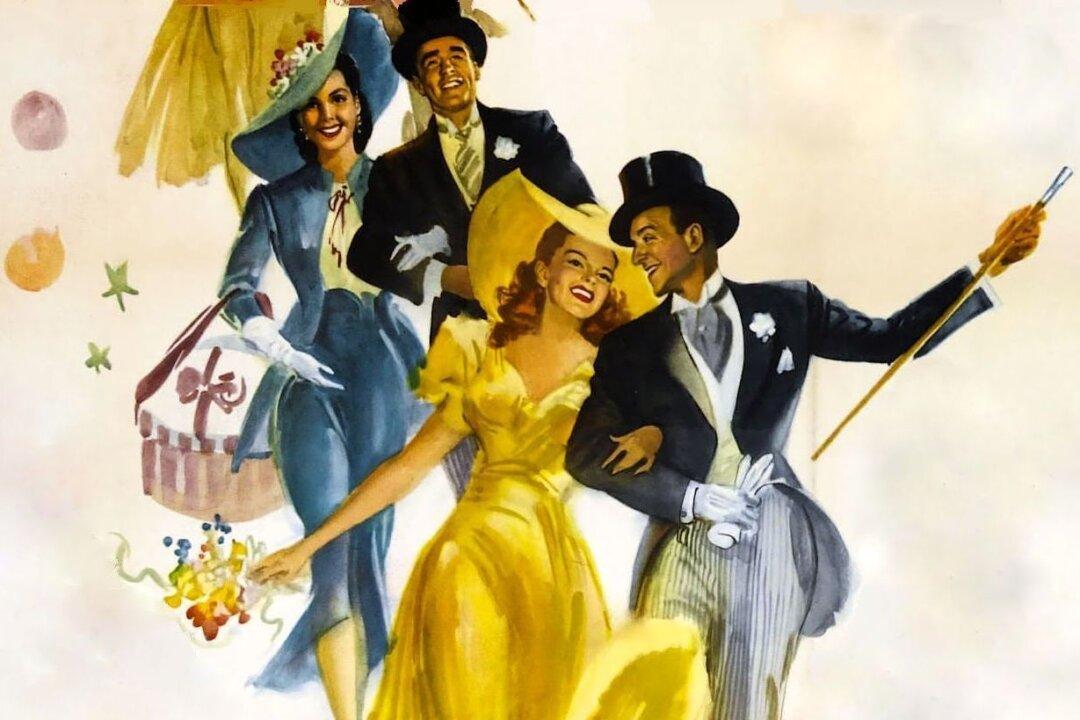Commentary
“Be yourself” is one of those inspiring catch phrases which is tossed around like a beanbag. Modern variations like “You do you,” “Embrace your truth,” and “Be your best self” have cheapened the whole idea. Of course, there is nothing new about this motto. William Shakespeare’s “Hamlet” included the famous piece of advice, “This above all: to thine own self be true.”





